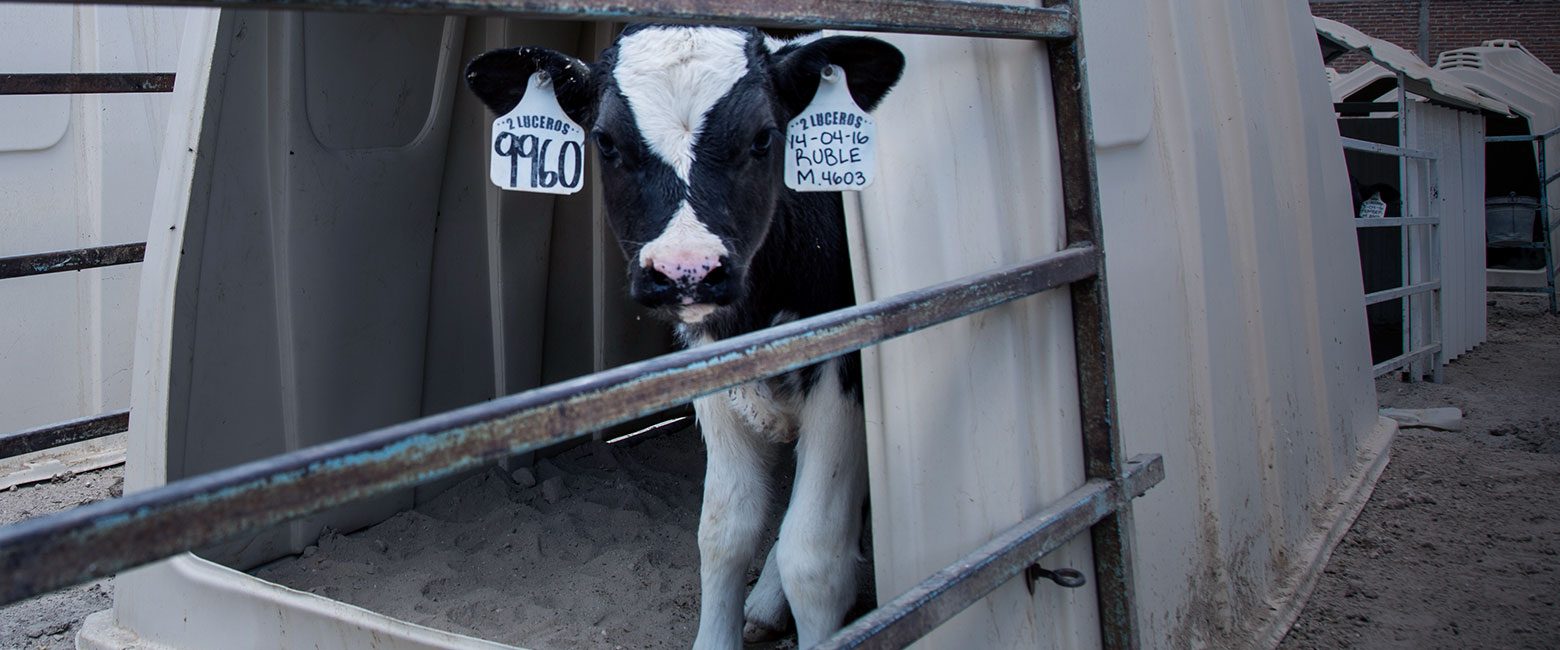How many times have you heard someone say, “I could never stop eating cheese“? Too many to count, right? I should know, I was one of them only 8 years ago. It turns out, cheese is one of the hardest foods to give up for many people moving to a healthier plant based diet, which is and isn’t surprising. It is surprising when you consider that most of the world’s population is lactose intolerant, and that there is now a mountain of evidence implicating dairy products as amongst the least healthy, and most dangerous food options on the market. In addition, the dairy industry arguably causes more animal suffering than any other, and the environmental damage is monumental as well. What do you expect from an industry that forcibly impregnates its millions of cows on what it calls “rape racks.” True story. A rape rack is an industry term, and the cows are kept in a state of constant pregnancy for their entire lives. This is where the milk (or “liquid meat” as Howard Lyman likes to say) that gets turned into our cheddar and mozzarella comes from.
Dairy Crack: One reason why it is not so surprising that cheese can be addictive is because it contains mild opiate-like compounds called casomorphins, which attach to the same brain receptors as addictive drugs. Once attached, the brain releases dopamine, leading to a sense of reward and pleasure. This system works extremely well for a hungry calf, but for humans, it’s a recipe for weight gain and health problems.
If you are a Mom, and love cheese, you may want to know that when the calves are born, they are taken away from their mothers almost immediately, so that humans can drink “their” milk. The female calves are fated to join their mothers in the industrial dairy farms, while the male calves are often crated for veal, or killed immediately because they don’t present enough of a potential profit to justify their lives. Got plant milk?
In addition, the average farm factory dairy cow lives about 4-6 years in a state of constant misery (the natural life expectancy is 15-20 years), and more than half of all dairy cows become lame from standing on concrete floors for their entire lives.
Someday, we must ask ourselves, if we value the flavor of cheese, more than a cow values his or her life.
According to PCRM.org, The average American eats 33 pounds of cheese per year. That adds up to more than 60,000 calories per person, mostly in the form of saturated fat. In fact, cheese is the No. 1 source of saturated fat in the American diet. It’s the type of “bad” fat responsible for raising cholesterol levels and increasing the risk for heart disease, cancer and Alzheimer’s. Dairy protein, which is even more concentrated in cheese, has also been linked to cancer, allergies, asthma, migraines, arthritis, psoriasis, tendonitis, acne, digestion problems, and more. According to Dr. T. Colin Campbell, “Casein [the main protein of cow’s milk] is the most relevant chemical carcinogen ever identified.”
And if that wasn’t enough, nearly all of the cheese eaten in the industrialized world is produced in ways that devastate the environment. Regions with lots of dairy farms suffer from severe air pollution, poisoned groundwater, and are responsible for the most egregious levels of greenhouse gas emissions. Got Plants?




